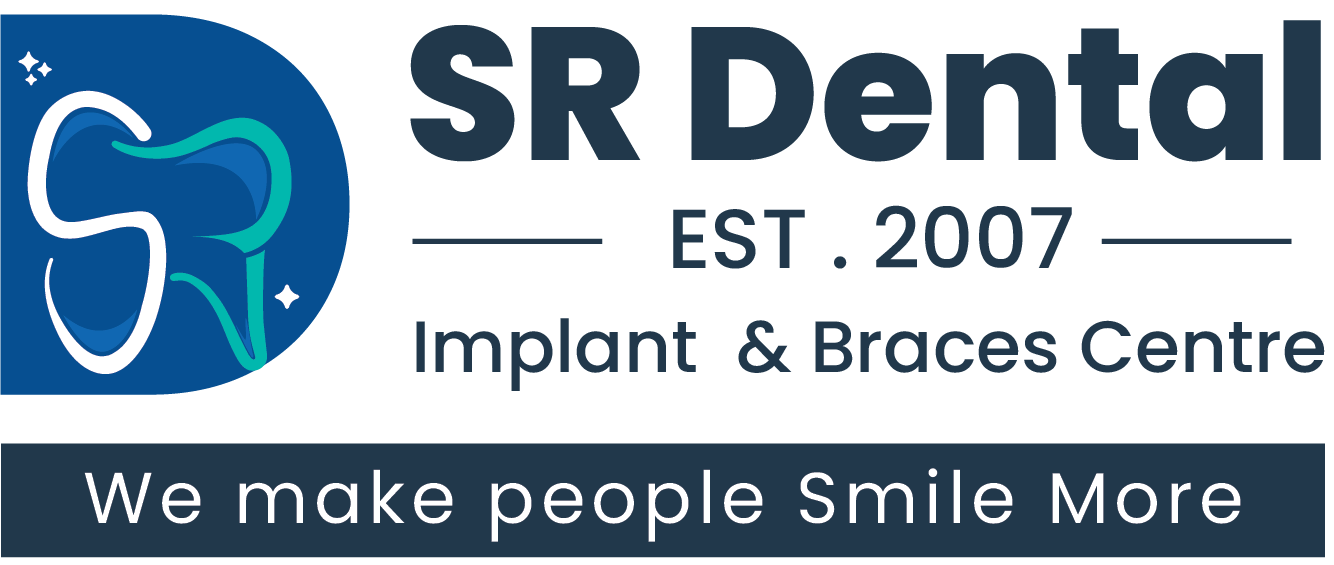Dental implants have transformed restorative dentistry, offering a durable and natural-looking solution for missing teeth. Among various implant types, computer guided dental implants stand out for their minimally invasive approach and numerous benefits. In this comprehensive article, we will explore the advantages of computer guided dental implants, why they are an excellent choice for many patients, and how they compare to traditional implant methods.
What Are Computer Guided Dental Implants?
Computer guided dental implants, also known as flapless implants, represent a modern and less invasive approach to traditional dental implants. Unlike conventional methods that require incisions and sutures, computer guided implants are placed directly through the gum tissue, minimizing trauma and promoting quicker recovery.
The Procedure
The computer guided dental implant procedure involves the following steps:
- Initial Consultation: A thorough dental examination and imaging to determine the suitability of the implant.
- Planning: Advanced 3D imaging and computer-guided technology are used to plan the precise placement of the implants.
- Placement: The implant is inserted through the gum tissue without the need for incisions or sutures.
- Healing and Integration: The implant integrates with the jawbone over a few months, providing a stable foundation for the replacement tooth.
Benefits of Computer Guided Dental Implants
Choosing computer guided dental implants offers several advantages over traditional implant methods. Here are the key benefits:
- Minimally Invasive
One of the most significant benefits of computer guided dental implants is that they are minimally invasive. The procedure does not require cutting the gum tissue, which means less trauma to the surrounding area. This approach reduces the overall impact on the patient’s mouth and leads to a smoother and quicker recovery process.
- Reduced Pain and Discomfort
Because no incisions are made, patients experience significantly less pain and discomfort during and after the procedure. The absence of sutures eliminates the need for additional visits to remove stitches, enhancing the overall comfort of the treatment.
- Faster Healing Time
The minimally invasive nature of computer guided dental implants results in faster healing times. Patients can return to their normal routines much quicker compared to traditional implant procedures. This quick recovery is particularly beneficial for individuals with busy lifestyles who cannot afford extended downtime.
- Lower Risk of Complications
Traditional dental implant procedures involve cutting and stitching, which can sometimes lead to complications such as infection, swelling, and bleeding. With computer guided dental implants, the risk of these complications is significantly reduced. The procedure’s precise nature ensures a higher success rate and fewer postoperative issues.
- Improved Aesthetics
Computer guided dental implants offer improved aesthetics. Since there are no visible stitches or extensive healing tissues, the gums around the implant site look natural and healthy. This is especially important for implants placed in visible areas of the mouth, contributing to a more confident and attractive smile.
- Enhanced Precision and Accuracy
The use of advanced 3D imaging and computer-guided technology in computer guided dental implants ensures enhanced precision and accuracy in the placement of the implants. This precise placement minimizes the risk of damaging surrounding structures and maximizes the functional and aesthetic outcomes.
- Preservation of Gum and Bone Tissue
Traditional implant methods that involve cutting can sometimes lead to the loss of gum and bone tissue. The computer guided approach preserves these vital structures, maintaining the integrity and health of the mouth. Preserving the bone and gum tissue is crucial for long-term oral health and the success of the implant.
Comparing Computer Guided Dental Implants to Traditional Implants
To understand the full scope of benefits, it is essential to compare computer guided dental implants with traditional implants. Here are some key differences:
- Procedure
- Traditional Implants: Involves making an incision in the gum tissue, placing the implant, and then stitching the gum back together.
- Computer Guided Implants: The implant is placed directly through the gum without the need for incisions or sutures.
- Recovery Time
- Traditional Implants: Longer recovery time due to the invasive nature of the procedure.
- Computer Guided Implants: Faster recovery time, allowing patients to resume normal activities sooner.
- Pain and Discomfort
- Traditional Implants: More pain and discomfort due to the cutting and stitching involved.
- Computer Guided Implants: Less pain and discomfort, providing a more comfortable experience.
- Risk of Complications
- Traditional Implants: Higher risk of complications such as infection, bleeding, and swelling.
- Computer Guided Implants: Lower risk of complications, contributing to a higher success rate.
- Aesthetic Outcomes
- Traditional Implants: May result in visible stitches and longer healing tissues.
- Computer Guided Implants: Provides a more natural and healthy appearance of the gums.
Conclusion
Computer guided dental implants offer a revolutionary approach to dental restoration, combining the benefits of minimal invasiveness, reduced pain and discomfort, faster healing times, and enhanced precision. These implants preserve gum and bone tissue, lower the risk of complications, and provide improved aesthetic outcomes.
As dental technology continues to advance, more patients are turning to computer guided dental implants for their restorative needs. If you are considering dental implants and want to experience these benefits, consult with a qualified dental professional to determine if this innovative procedure is right for you.
For more information and to schedule a consultation, contact SR Dental Implants and Braces Centre. Let us help you achieve a healthier, more confident smile with our cutting-edge dental care solutions.
